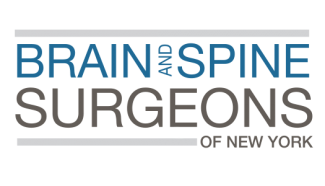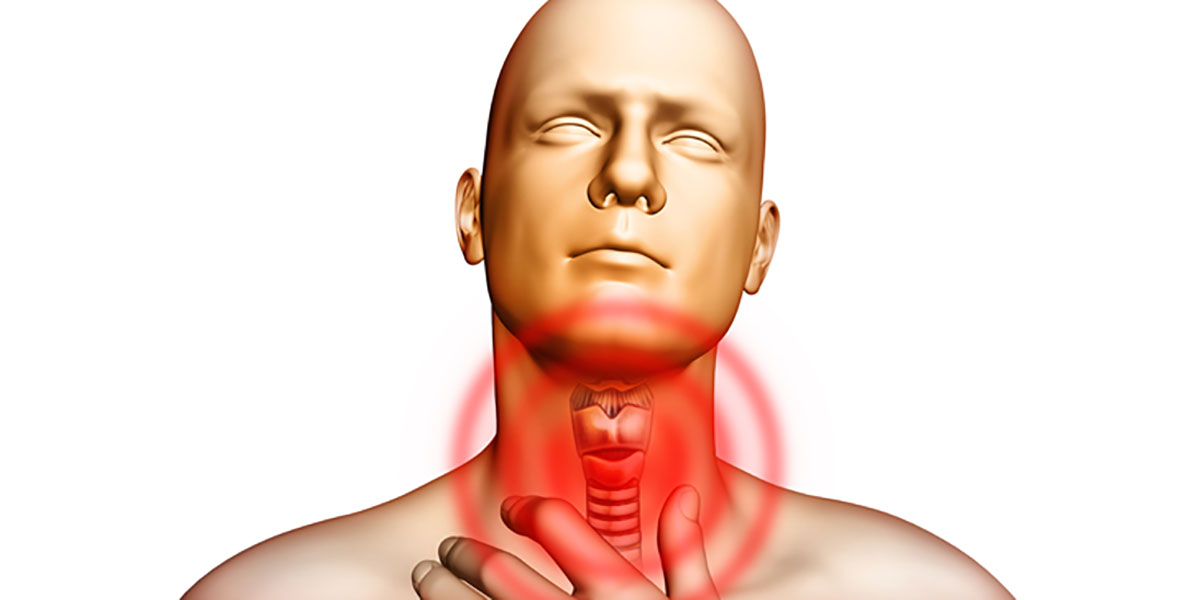
Glossopharyngeal Neuralgia
If you are experiencing extreme intermittent pain in the back of the throat, you may have Glossopharyngeal Neuralgia. While the pain can extend to other parts of the body such as the tongue or ear, most patients suffer from severe pain around the area of the tonsils.
In some cases, the cause for Glossopharyngeal Neuralgia symptoms is unclear. However, the majority of cases are caused by the compression or irritation of the ninth cranial nerve by surrounding blood vessels as the nerves exit the brain stem.
Symptoms
The pain of Glossopharyngeal Neuralgia is described as sharp and jabbing. The pain is generally experienced in the back of the throat but can be felt in the ear, the mouth or tongue, and pharynx. It is often triggered by daily activities like eating, drinking, talking, or swallowing. Patients have been known to experience a slowed heart rate during an attack, which in some cases can lead to loss of consciousness.
Treatment
While there are medications that may help control episodes and pain, the most common treatment for Glossopharyngeal Neuralgia is a microvascular decompression of the glossopharyngeal nerve. This minimally invasive surgical procedure separates the nerve from the interfering vessel, relieving pressure and the symptoms.










